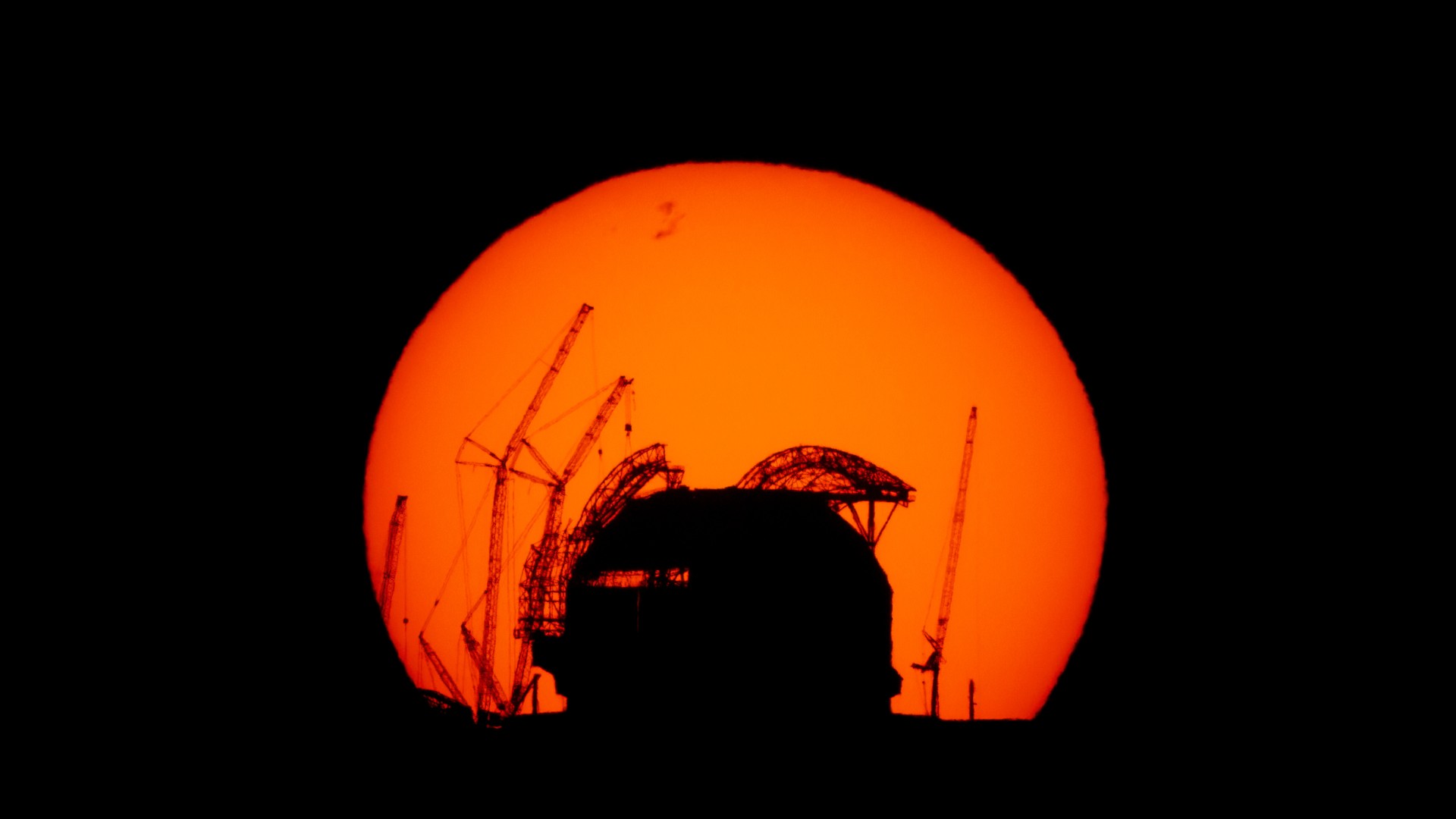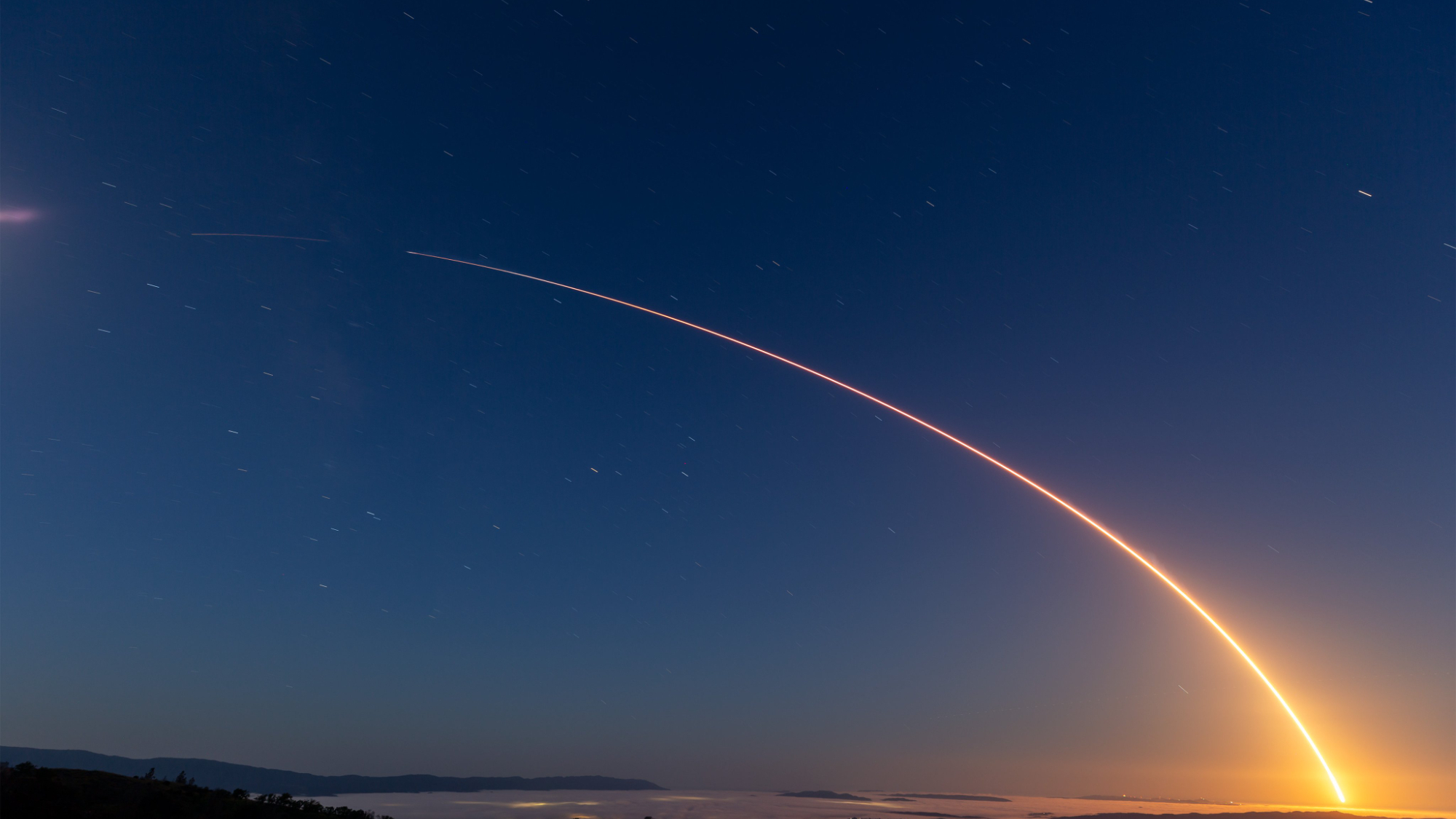Total Tally of Shuttle Fleet Costs Exceed Initial Estimates
BOULDER, Colo.-- As NASA and its industrial army march forward to this year's return to flightof the space shuttle program, a new assessment has been made on the program'soverall price tag to the taxpayer.
The data show that over the entire lifetime of the the space shuttle program the cost has been $145 billion, andabout $112 billion since the program became operational.
Furthermore, the average cost per flight has been about $1.3billion over the life of the program and about $750 million over its mostrecent five years of operations.
Updatedshuttle stats
This tale of the tally comes from Roger Pielke, Jr.,Director of the Center for Science and Technology Policy Research here at the University of Colorado. The updated shuttle statsbuild upon research he published in 1994, as well as drawing from the work ofthe Columbia Accident Investigation Board. Also reviewed in the appraisal isthe new NASA budget request for fiscal year 2006 that outlines expected shuttlecosts -- in 2004 dollars -- through 2010.
Because NASA has costs for the shuttle program that are notreflected in its budget line, Pielke said it is appropriate to add 10 percentto these totals and also to adjust those expenses to common year dollars.
Given that fine-tuning, if the space shuttle program isterminated after 2010, then it will have a total lifetime cost of about $173billion, Pielke reported.
Get the Space.com Newsletter
Breaking space news, the latest updates on rocket launches, skywatching events and more!
Pielke pointed out that if the shuttle program averages fourflights per year upon a return to flight, then the NASA space plane will fly anadditional 22 times, for a total of 134 flights over its lifetime.
Given that flight rate, this will result in a total programcost per flight of $1.3 billion, Pielke explained. Of further interest is theaverage cost per flight from 2004-2010: It is $1.3 billion. The average costper flight from the middle of 2005 through 2010, assuming 22 flights, is about$1.0 billion, he said.
Performanceversus promise
All of these numbers fall squarely within the range thatPielke and space policy associate, Radford Byerly, Jr. projected in a early1990's paper on the performance of the space shuttle program through 2010: "TheSpace Shuttle Program: Performance versus Promise" -- a chapter in the book, SpacePolicy Alternatives, published by Westview Press in 1992.
Putting his calculator and shuttle spread sheets aside,Pielke said the new research brings up several points.
First of all, space policy analysts have had a pretty goodhandle on the policy and political dynamics, including costs, of the shuttleprogram for some time now. "The shuttle program has been through its lifeplagued by promises of costs and performance that have been overly optimistic.We should know better by now," Pielke told SPACE.com.
Pielke said that the shuttle program "has been and willcontinue" to be expensive. "We should open up debate and discussion on thefuture space program to a wide range of alternatives, and include many voicesbeyond NASA and the traditional space flight community. There is strengthin such diversity."
What'sahead?
Looking to the past 30 years provides a unique perspectiveon the next three decades, Pielke advised, that is, if there is an assumption thathuman space flight is supported in the future as it has been in the past.
"There is no reason to expect that public support willdiminish," Pielke concluded. If that's the case, then what might be the bestuse of $150 billion to $200 billion dollars in a space program?
"Above all, we should make sure that promises and commitmentsof performance are realistic and achievable. The history of the shuttle and theInternational Space Station gives us a lot to learn from," Pielke stated. "Oneis not to plan for big future budget increases as the basis for futuresuccesses."
Join our Space Forums to keep talking space on the latest missions, night sky and more! And if you have a news tip, correction or comment, let us know at: community@space.com.

Leonard David is an award-winning space journalist who has been reporting on space activities for more than 50 years. Currently writing as Space.com's Space Insider Columnist among his other projects, Leonard has authored numerous books on space exploration, Mars missions and more, with his latest being "Moon Rush: The New Space Race" published in 2019 by National Geographic. He also wrote "Mars: Our Future on the Red Planet" released in 2016 by National Geographic. Leonard has served as a correspondent for SpaceNews, Scientific American and Aerospace America for the AIAA. He has received many awards, including the first Ordway Award for Sustained Excellence in Spaceflight History in 2015 at the AAS Wernher von Braun Memorial Symposium. You can find out Leonard's latest project at his website and on Twitter.









